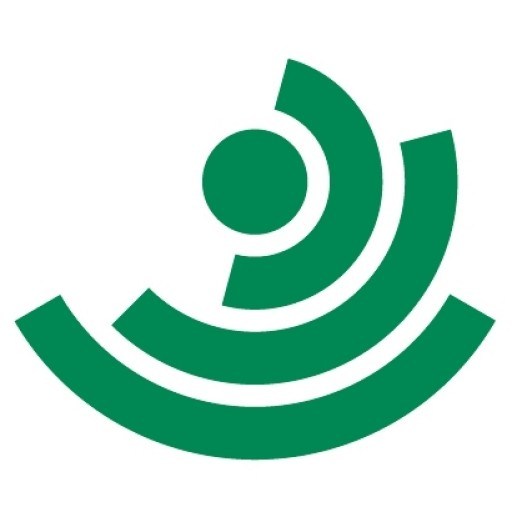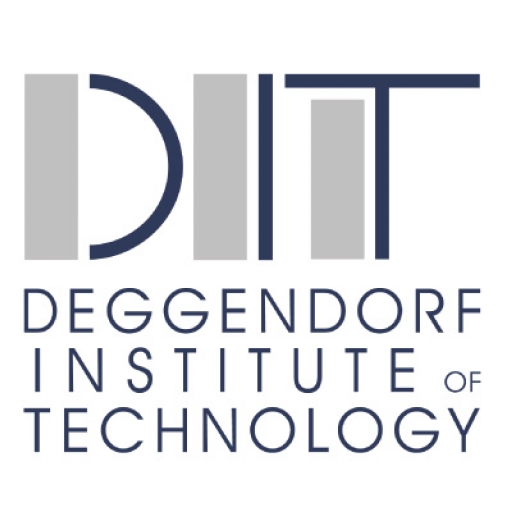Photos of university / #uniheidelberg
The Master of Science in Translational Medical Research at Heidelberg University offers a comprehensive interdisciplinary training program designed to equip students with the essential skills and knowledge to bridge the gap between basic biomedical research and clinical application. This advanced degree program focuses on translating scientific discoveries into innovative diagnostics, therapies, and preventive strategies that directly benefit patient care. Students will engage with a diverse curriculum covering cutting-edge topics such as molecular medicine, biomedical data analysis, clinical trial design, personalized medicine, and healthcare innovation. The program emphasizes practical skills through laboratory work, research projects, and collaborations with leading clinical and research institutions. Participants will learn to critically evaluate scientific literature, develop research proposals, and communicate complex scientific concepts effectively to both scientific and lay audiences. Heidelberg University’s strong partnerships with hospitals and research centers provide students with unique access to real-world clinical environments and a network of experts across various medical fields. The interdisciplinary nature of the program fosters collaboration among students from backgrounds such as medicine, biology, pharmacy, and bioinformatics, preparing graduates for careers in academia, industry, or healthcare policy. Graduates will be capable of designing and implementing translational research projects, conducting high-quality clinical studies, and contributing to the development of innovative medical solutions. This program is particularly suitable for individuals interested in advancing their careers in biomedical research, clinical research management, or pharmaceutical development, with a commitment to improving patient outcomes through scientific excellence and innovation. Whether students aim to pursue further academic research or seek leadership roles in the health sector, the Master of Science in Translational Medical Research at Heidelberg University provides a solid foundation and the advanced training necessary to excel in this dynamic and evolving field.
Educational organisation
Four compact teaching blocks are followed by a period of individual research work leading to a thesis. Full-time students are expected to finish in one year, part-time students have the option of studying for up to three and a half years. Introductory modules cater for students with different backgrounds, covering either basic aspects of molecular and cellular biology or introducing students to the basics of clinical medical thinking.Core interdisciplinary modules focus on:
1. understanding the molecular and cellular basis of medical disorders
2. disease processes
3. diagnostic tools and therapeutic strategies
In addition, students choose one elective course:
- Molecular Oncology
- Neurobiology
- Vascular Medicine
Learning mainly takes place in interactive seminars (with a maximum of 25 students), laboratory practical courses and group/individual learning assignments. Up-to-date keynote lectures complement the student-centred learning approach of the programme. Sufficient workspace and comprehensive access to literature support students' individual learning.
Coursework revolves around problem and case-based learning activities as well as laboratory practical courses to develop the applicable skills required for translational medical research. Through the active learning approach, students will gain self-confidence and professionalism by presenting and defending their ideas and views before critical audiences, as well as by actively listening to the arguments and perspectives of others.
Suitable candidates will be supported so that they can continue their research as PhD students after they have completed the Master's programme.
The programme is structured in such a way that selected students of the Medical Faculty in Mannheim can enrol part-time in the Master's programme while continuing their medical studies.
The MSc TMR programme has four blocks of coursework followed by research and preparation of the thesis. MaReCum medical students take the first two blocks in their fourth year, the next two blocks in their fifth year of study.
Forms of assessment
Written and oral exams in accordance with the guidelinesThe programme consists of 60 ECTS.
Course objectives
Excellent researchers and clinicians who possess the necessary combination of scientific and medical knowledge and personal as well as professional skills to contribute successfully to the future of translational medical researchWe thus anticipate a broad range of employment opportunities in academia and industry for students who successfully complete our programme.
Language requirements
The language of instruction is English. Students whose first language is not English must provide evidence of English proficiency, usually by certification of an IELTS score of 6.5 or an equivalent TOEFL score. Exemption from this requirement may be granted to those who have completed their prior education in English (written proof required with application).Academic requirements
The course is open to medical doctors, biologists, pharmacists, and other professionals in health-related sciences who hold a first academic degree equivalent to 240 ECTS (usually a Bachelor's degree after at least four years of full-time study). Special conditions for admission apply to registered medical students within the MaReCuM (Mannheim Reformed Curriculum for Medicine) programme.The financing options for the Translational Medical Research Master's program at Heidelberg University are primarily structured to accommodate both domestic and international students through a combination of state funding, scholarships, and personal resources. As a public university in Germany, Heidelberg University charges no tuition fees for most postgraduate programs, including this one, which significantly reduces financial barriers for enrolled students. Students are typically responsible for semester fees, which cover administrative costs, student service contributions, and a public transportation ticket, amounting to approximately €170-€200 per semester. These costs are relatively modest compared to tuition fees in other countries.
Additionally, students have access to a variety of scholarships and funding opportunities. The German Academic Exchange Service (DAAD) offers numerous scholarships for international students pursuing master's degrees in medical and scientific research fields, including Translational Medical Research. These scholarships often cover living expenses, health insurance, and sometimes travel costs, and require applicants to demonstrate academic excellence and research potential. Heidelberg University itself also provides funding opportunities, including scholarships for outstanding students, research assistant positions, and project-specific funding that support students financially throughout their studies.
Many students finance their studies through part-time employment, either on-campus or off-campus, which is facilitated by the flexible scheduling of courses and the university’s career services. International students are permitted to work up to 120 full days or 240 half days per year, depending on their visa regulations, providing additional income to support living costs.
Furthermore, students may also apply for grants and sponsorships from scientific foundations related to medical research, health sciences, and biomedical sciences. These foundations often prioritize projects aligned with research themes of the program, thereby offering targeted financial support to students engaged in relevant thesis work or research projects.
Living expenses in Heidelberg include accommodation, food, health insurance, and personal expenses. Students are advised to budget approximately €850-€1,200 per month for living costs, depending on their lifestyle and accommodation choices. Many students opt for shared flats or student dormitories, which help reduce rent costs.
In summary, the financial landscape for students enrolled in the Translational Medical Research programme at Heidelberg University is designed to be accessible, with minimal tuition fees, a range of scholarships and grants, part-time employment opportunities, and support for living expenses. The combination of these factors makes pursuing this master’s degree feasible for a diverse body of students.
Services and support for international students
MSc TMR students have access to all student services at Heidelberg University, made available through a variety of departments. These services include provision of information and assistance with:- accommodation
- health insurance
- subsidised meals
- support for international students
The Dean's office provides student support services in the areas of enrolment, matriculation and other student administrative functions. These services are available to all students enrolled in the MSc TMR programme.
Although these support services are mainly targeted to international students, they are available to all students enrolled in the MSc TMR programme. These services include:
- provision of required documentation in order to obtain visas
- information regarding the legal aspects of living in Germany (i.e. insurance, registration, etc.)
- orientation on living in Germany and Mannheim
- information on cultural and recreational activities
- information regarding services at Heidelberg University (i.e. library, computer services, etc.)
- emergency assistance








